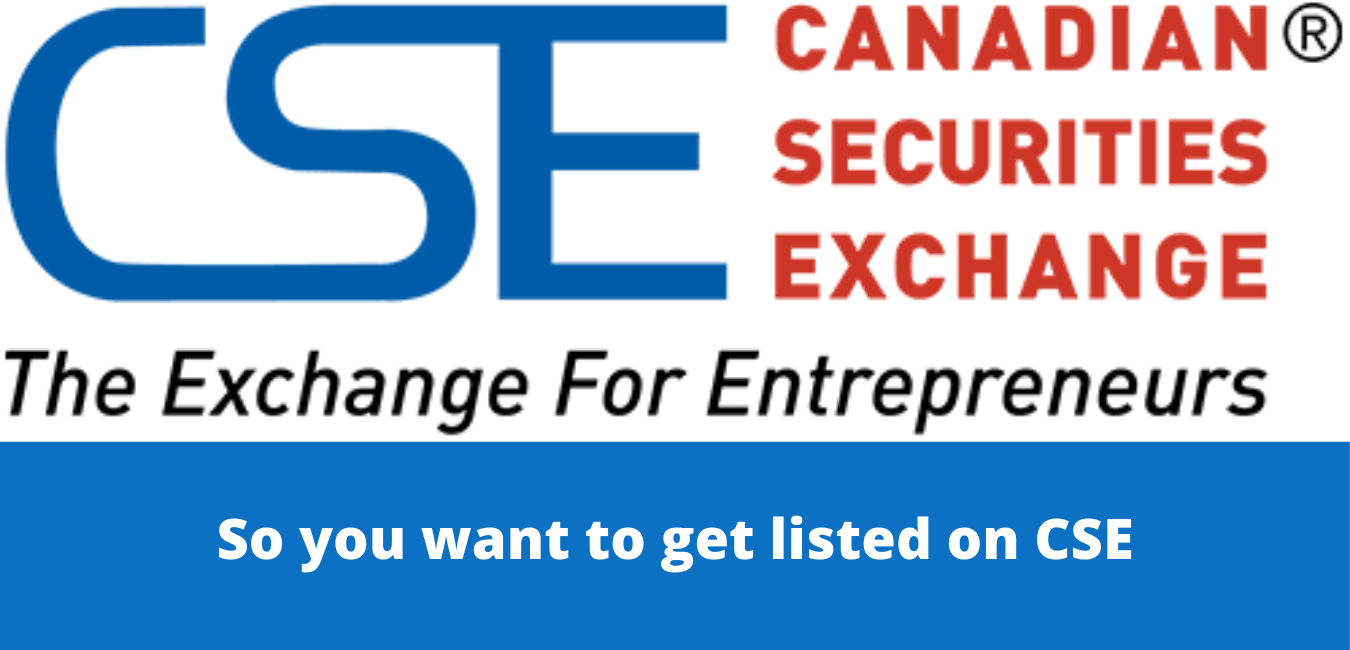by Andrew Grossman
Norton Rose OR LLP
CSE was developed primarily to meet the needs of emerging companies and their investors, and has many advantages over other exchanges, including lower fees, a “streamlined” regulatory model and an “enhanced” disclosure system (further discussed below).
One of the first steps along the path of going public should be to obtain legal advice and guidance from other professionals with experience in finance and public company matters. There are several important legal matters to address in the context of a public listing (both prior to and going forward) that will require the skilled services of a lawyer. Examples include:
● reviewing the company’s share capital and other structural matters for public listing suitability and determining whether modifications are needed, including for tax-related or other reasons;
● due diligence to assist the company in ensuring that their disclosure is accurate, including discussions with the company’s senior management and review of material agreements;
● addressing applicable corporate governance matters, such as board of director and committee compositions and codes of business conduct for directors, officers and employees; and
● determining whether any new agreements will be needed, such as employment and confidentiality agreements, and ensuring that existing agreements are suitable for a listed company or whether any amendments are needed.
The February 2009 edition of Law Matters covered additional factors to discuss with a lawyer in determining whether it is timely or appropriate to proceed with a public listing. Advice from legal, accounting and other professionals should be obtained as early on in the listing process as possible to help ensure that all matters get the attention required. Doing so early on can often save the company valuable time and money in the future.
Listing on CSE
To get listed on CSE, a company must be (at the time of listing):
● a “reporting issuer”, which can be achieved a number of ways, including by filing a prospectus and obtaining approval from a securities regulator in Canada; and
● not in default of securities legislation in any jurisdiction in Canada.
Alternatively, a company may do an IPO on CSE, in which case the detailed process for becoming a reporting issuer (filing a prospectus, etc.) would be undertaken at the same time as the CSE listing. Although most CSE issuers are already reporting issuers prior to obtaining their CSE listing, a number of issuers have become listed through the IPO process. In 2008, about 15% of all IPOs in Canada took place through CSE.
CSE requires that a company have a reasonable plan to develop an active business and the financial resources to carry out its plan. The company must also satisfy requirements concerning minimum amounts of shareholders and publicly traded shares. Unlike certain other exchanges, CSE does not require listed companies to have a dealer sponsor.
If CSE’s pre-conditions for listing are satisfied, the following key steps would need to be taken. The same process would generally be followed by a company wishing to switch its listing to CSE (from another stock exchange) or list on CSE in addition to their current stock exchange.
● prepare and submit various documents to CSE, including a listing application and a listing statement (similar to a prospectus), among others;
● seek conditional listing approval from CSE and respond to questions/comments from CSE and any additional document requests; and
● upon final listing approval being obtained, documents submitted must be posted on thecse.com and on SEDAR.com (an electronic database of disclosure information on Canadian public entities).
Included among the conditions for continued listing on CSE is to remain in compliance with all CSE rules and policies and applicable securities and corporate laws. This involves complying with, among other things, applicable continuous disclosure obligations and corporate governance rules.
Like other publicly traded entities, CSE issuers are required to make timely public disclosure of all material information impacting them, including any material changes. Each issuer is responsible for determining what information is material in the context of its own affairs. Where the matter is not clear, the issuer should consult with a securities lawyer.
Periodic reporting documents are also required to be filed on SEDAR.com. Such filings include financial statements (interim and annual), management information circulars, press releases, among others. Documents must also be posted on thecse.com as part of the issuer’s quarterly and annual reporting obligations.
The CSE Advantage
The “Listings Disclosure Hall” on thecse.com has been designed as the central information resource providing investors with all public disclosure documents, including press releases, CSE filings, SEDAR filings, monthly reports, contact information and market data for each listed company.
CSE’s “streamlined” regulatory model, in essence, means that instead of waiting for exchange staff to accept or approve a transaction that an issuer is seeking to complete, CSE issuers can post the relevant documentation on thecse.com, wait 24 hours, and then proceed without any further advance action required from CSE staff.
CSE’s “enhanced” disclosure requirements are intended to provide investors with more information than they would normally receive about an issuer in another marketplace. Each issuer has an individual profile page on thecse.com from which investors can access documents, including a monthly progress report of the issuer summarizing its business and management activities during the previous month and a monthly certificate of compliance of the issuer stating that it is in compliance with CSE requirements and applicable securities laws.
The purpose of this article is to provide a general overview of certain CSE listing matters. It does not contain a full analysis of the law or other matters. Andrew Grossman is a lawyer at Norton Rose OR LLP specializing in corporate finance, securities and mergers and acquisitions law. Andrew can be reached at 416-216-2312 or andrew.grossman@nortonrose.com.

Since 2005 ITB Solutions has provided listings development services to stock Exchanges in Canada such as the Canadian Securities Exchange. ITB Solutions currently provides New Listing Services to the NEO Exchange. We assist companies with the listing application and managing the process to become publicly tradable in Canada, as well as offering advice on how to make the most of your public listing. You can reach Jeffrey Stanger at 647-500-0492 or by email at jeffrey@itbsolutions.ca









